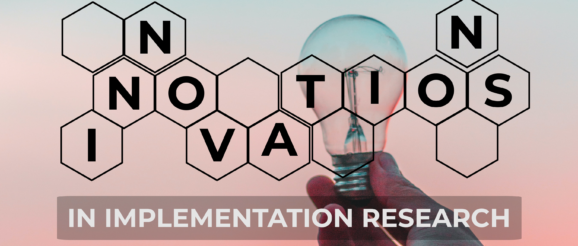Implementation research in LMICs—evolution through innovation. | ProfMoosa

Major global health gains can be achieved by strengthening the delivery of public health policies and programmes in low- and middle-income countries (LMICs). The population impact of evidence-based technologies and interventions such as drugs, vaccines and health know-how can only be maximized where programmes optimally identify and reach target populations and support them to take up and sustain their effective use. Examples include significant gaps in the coverage and quality of maternal health, newborn, immunization, non-communicable disease, primary care and adolescent sexual and reproductive health services—all issues tackled in this supplement. While structural change and increased funding are essential, much can be gained through ongoing improvements in programme delivery (Paina and Peters, 2012). Implementation gaps are also widely implicated in the failure of broader health policies and reforms in LMICs (Haines et al., 2004), such as for decentralization, health care regulation and primary health care. This makes it important also to analyse the implementation of policies at all levels, including studying the negotiations and interactions of actors in social and political contexts, understanding gaps in the effectiveness of public policies and helping to resolve them.
